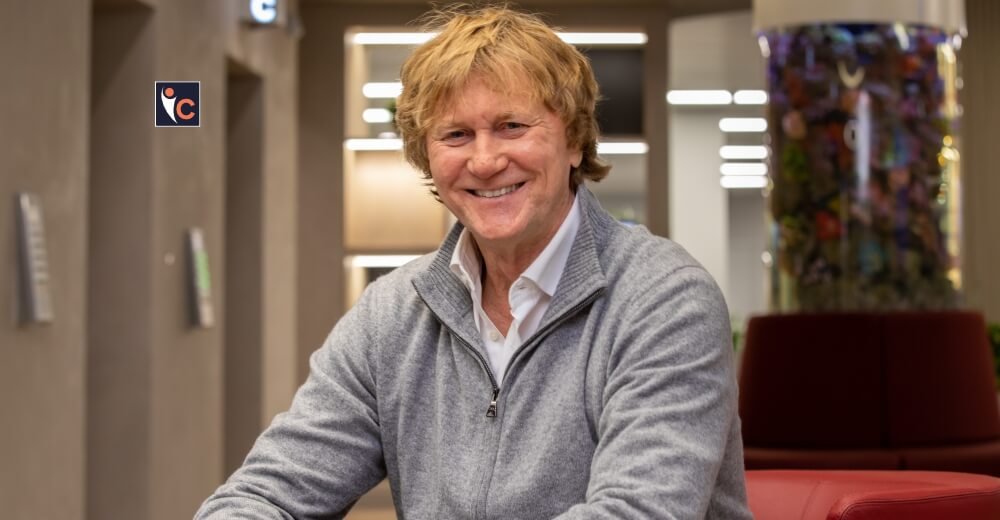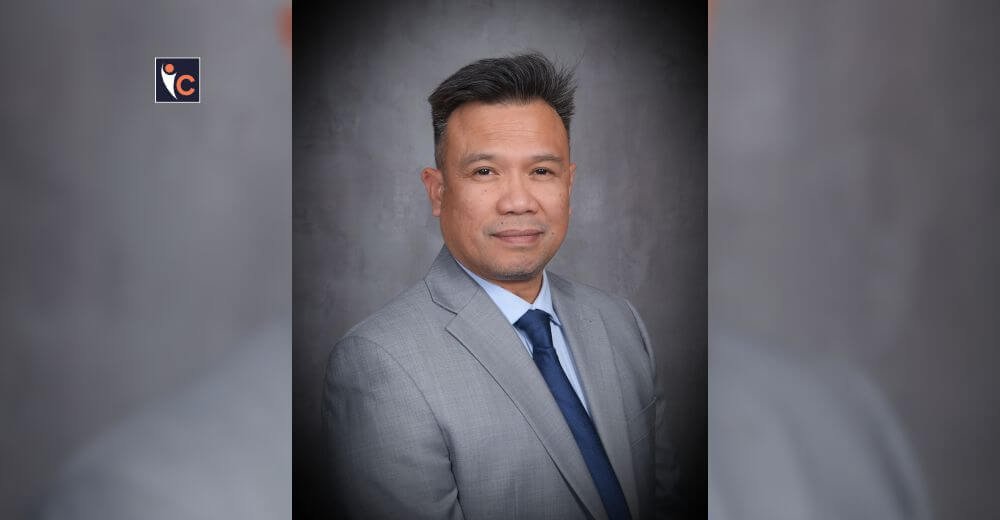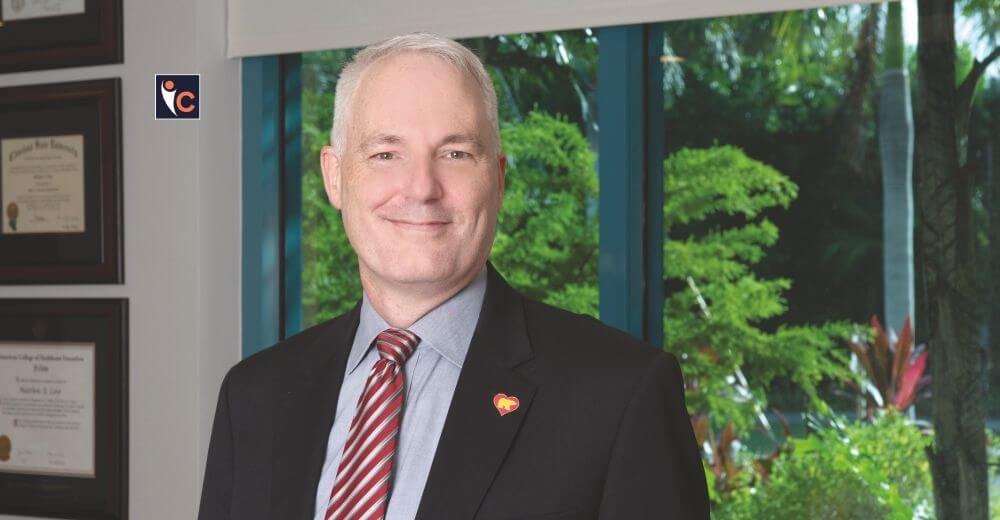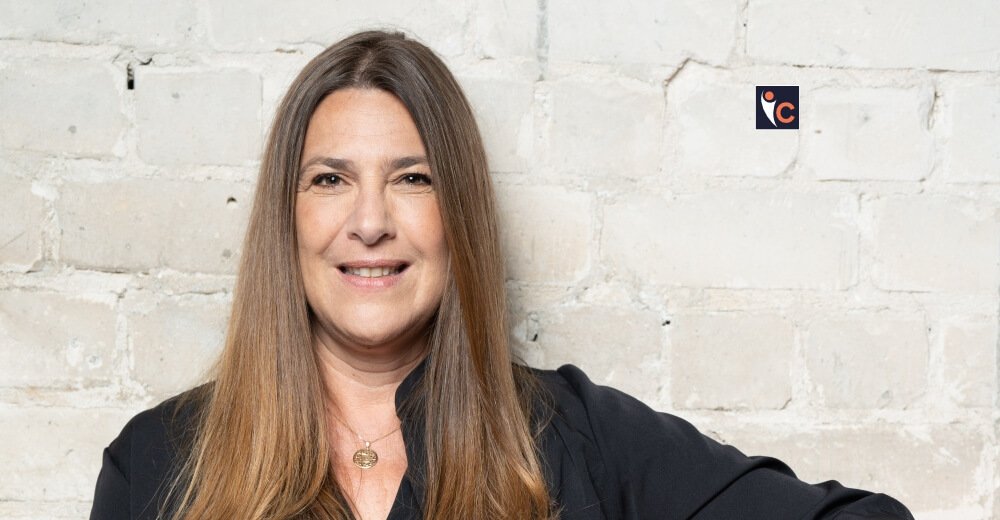When it comes to seeking rehabilitation, patients yearn for an environment that offers not only personalized care but also a sense of comfort and solace. Understanding the significance of these factors, Darren Lockie, the CEO of Lanna Healthcare & Jintara Rehab, has successfully bridged the gap between treatment effectiveness and client satisfaction.
At the heart of Darren Lockie’s approach lies a deep appreciation for the importance of providing patients with limited client numbers and spacious accommodation rooms during their rehabilitation journey. Recognizing that a smaller client count fosters a more intimate and supportive community, Jintara Rehab creates an environment where individuals can receive the individualized attention and care they truly need.
Darren Lockie’s unique selling points, including limited client numbers, a focus on clients over the age of 30, and a specialized approach to substance abuse disorder and mental health, all harmoniously align with the needs and preferences of patients seeking rehabilitation. By understanding and catering to these crucial factors, Darren has established Jintara Rehab as a center that not only provides effective treatment but also offers a warm and nurturing environment for individuals on their path to recovery.
Let’s dive in to discover more about Darren Lockie’s transformative work and the exceptional services offered by Lanna Healthcare & Jintara Rehab that redefine the standards of rehabilitation, creating a haven where clients can find both solace and the necessary tools for reclaiming their lives.
Darren Lockie in Brief
Darren’s journey into the wellness industry began when one of his best friends needed help for substance abuse in 2008. At the time, Darren had no understanding of what rehab was or how to choose the ideal rehab for him. After calling several rehab centers, they decided on a rehab facility in Thailand and after 2 months of treatment, he came out a completely different person. “He did so well, that he wanted to help other people feel the way he did, and we started a journey of providing support to other people struggling with addiction and mental health,” adds Darren.
Darren’s personal background had always been in technology, working for companies like Microsoft in high-level management, and later, in various start-ups, NGO opportunities and social entrepreneurship.
He continues, “However, I also became very interested in the rehabilitation business after seeing the profound changes that it had provided my friend. I took on the CEO role at our first rehab, Dara Rehab, and over the years, we created multiple drug and alcohol rehab facilities in Thailand and became the largest privately held rehab group in Asia, helping thousands of clients overcome substance abuse and get their lives back on track.”
Source of Inspiration
Darren’s initial inspiration was driven by his desire to help other people struggling with substance abuse and mental health. However, the pandemic and shutting of the Thai borders for 2 years decimated his rehab business.
“During the 2-year hiatus, we thought about how we could build a better rehab. We spoke to 120 past clients and asked them what they liked about our rehabs, what we could do better, and what would the ideal rehab look like to them. The responses were interesting. Most clients didn’t like large rehabs with too many people as they felt overwhelmed or overlooked. They also said that having younger clients that were forced into rehab by parents or were court-mandated into treatment was distracting and really had no interest in being in rehab. Past clients said that treating all addictions diluted some of the group therapy and recommended that we limit what we treat. Lastly, they all value resort-like facilities, large and comfortable client rooms and not being stuck behind 4 walls for the duration of their treatment.”
Darren had the opportunity to build the rehab that clients wanted. The result was Jintara Rehab – a boutique rehab that accepts only 10 private clients in a wonderful resort-like facility. “We limited the age group to above 30 years old and our treatment, based on Cognitive Behavioral Therapy was focused on substance abuse and mental health. It was a risk to narrow our niche, but the response has been incredible. Not only do we run at, or close to capacity, our clients stay in treatment longer and our success rates after 1 year have been significantly higher than any of our past rehabs,” emphasized Darren.
Aligning Rehab Services by Individual Needs
“Our services vary by individual needs. Most clients will need professional medical detox to help them stop using substances in a safe and controlled manner,” adds Darren.
“In addition, all clients benefit from comprehensive therapy to help them understand and process why they do what they do, change the way they think, and help them develop more positive ways of coping, instead of self-medicating with substances. At Jintara, this means between 60 – 70 hours per month of clinical time, both in group and individual therapy sessions. Some clients may also require additional therapy for things such as trauma, which we provide.”
Empathy, Care and Concern are the Three Ingredients of Satisfactory Hospitality
Clients have high expectations when they land in Thailand for treatment. They expect that the services they seek leave them feeling comforted, cared for and satisfied. Agreeing with this concept, Darren considers himself fortunate to be in Thailand, the ‘Land of Smiles,’ where hospitality and caring for people come as a second nature among the local community.
He adds, “Providing wonderful facilities and a safe environment is very important, but what makes Jintara very special is the human element – empathy, care and concern that every single one of our staff has towards our clients in everything we do.”
CBT Approach to Rehabilitation
During the initial days of Rehabilitation, Darren and the team would consider the Hybrid Model of 12-Step and Cognitive Behavioral Treatment in bringing in the results among clients. However, his emphasis on CBT, as a program model, grew stronger over time and as more therapists were recruited.
“15 years ago, most rehabs were 12-Step based and clients already had a wide range of 12-Step treatment options, not only in a rehab setting but also at the free meetings in their home city on any given day. So, our decision was about providing more treatment choices and specializing,” explains Darren.
“We do have 12-Step Therapists on staff, and we still use some of the techniques from the 12-Step treatment model. In addition, we highly encourage clients to seek out 12-Step communities when they return home, as part of Discharge Planning.”
Thailand is a Leading Destination for Rehabilitation
Thailand’s rising popularity as a destination for rehabilitation in the world could be for several reasons. Its year-round warm weather, amazing culture, delicious food, and wonderful people make it suitable for clients who desire to get away from distractions and familiarity. In addition, it provides treatment at a fraction of what it would cost in Western countries.
The country’s beauty and feasibility are also supported by treatment ethics and quality, as Thailand is far ahead of many other countries when it comes to licensing, accreditation and standards, ensuring clients receive the highest standards of treatment in a safe environment.
Recruiting a Team of International Therapists
Whilst Thailand is a wonderful place to establish an International Rehab, currently it does not have a large enough pool of qualified addiction therapists to support all the rehabs. So, most rehabs, including Jintara, recruit international therapists to do the actual therapy work – mostly group and individual therapy.
“Being an English-speaking rehab, it is important that our international therapists are native English speakers, and that they have the required credentials and experience to not only deliver the treatment program, but to constantly improve and adapt our program, and bring in new content and tools for the benefit of our clients,” explains Darren.
“Our therapists also do initial treatment assessments, answer questions and are always available to meet with clients. Thus, they are an essential part of our ability to deliver the highest quality treatment. Our International Therapy team also enjoys being in Thailand, which is important for their happiness.
Scaling 2023 and Beyond
Looking ahead into the year, Darren emphasizes his plans for scaling the organization. He adds, “Given our overwhelming success with Jintara and our smaller, more client-focused approach to treatment, we plan to create two more boutique rehabs in specialized areas – and areas that we are considering are specialist eating disorders and trauma.”
“The growth of smaller, niche rehabs is starting to change the rehab industry and we are aligning with networks of specialist rehabs that we can refer clients who have needs that could be best met by other rehabs, while they do the same to us, thus ultimately providing better and more relevant patient care and hopefully, higher success rates.”
The Recovery Story
If you are reading this, it means you are considering a positive step toward your recovery from your addiction. Don’t wait any longer, it will be the best phone call or email you have ever made!
“Jintara helped me get my life back. The staff is so friendly and helpful that you can concentrate on doing the work to successfully recover. The therapists are incredibly knowledgeable and the groups are amazing. It is quite obvious the owner is in the business of helping people and not for the money. They truly take care of the whole person’s body, mind, and soul. I will be forever thankful that I found this amazing place!!!”
Kristin Duarte – May 2022
| Next Story: https://insightscare.com/anel-sherren-fighting-against-the-addiction-stigma-and-enabling-sustainable-recovery/ |










